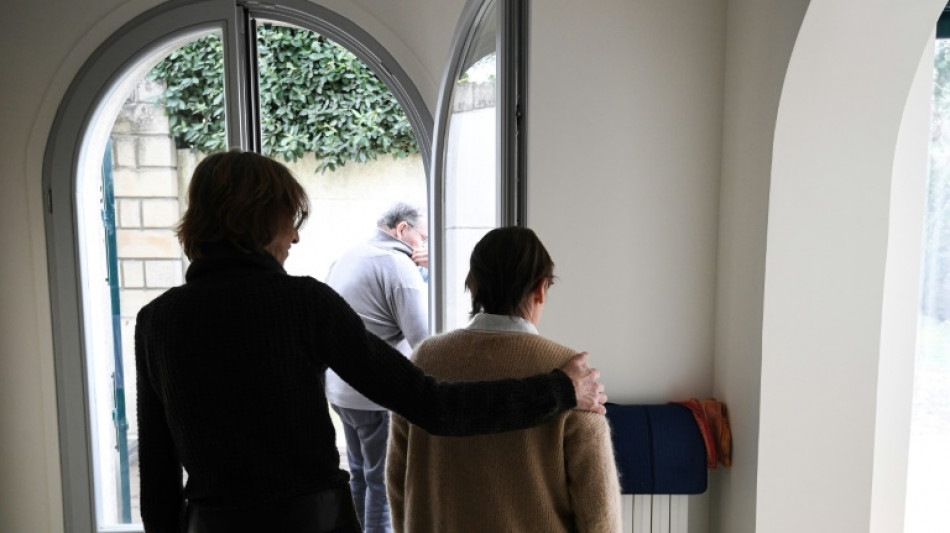
VOD
-0.0200


The US drug regulator gave full approval to a new Alzheimer's medicine on Thursday, a move that makes it more widely available to the public through government-run health insurance for the elderly.
Leqembi, developed jointly by Japan's Eisai and Biogen of the United States, was shown in a clinical trial to modestly reduce cognitive decline among patients in the early stages of the disease.
But the study also raised concerns about side effects including brain bleeds and swelling.
Leqembi was initially granted "accelerated approval" by the Food and Drug Administration in January, which meant it was not broadly covered by the government-run Medicare program for people aged 65 and older.
Thursday's decision, which follows further study of the drug, means Medicare will now defray a large portion of treatment, initially listed by the makers at $26,500 per year.
"This confirmatory study verified that it is a safe and effective treatment for patients with Alzheimer's disease," senior FDA official Teresa Buracchio said in a statement.
Chiquita Brooks-LaSure, administrator of the agency that runs Medicare, added: "This is welcome news for the millions of people in this country and their families who are affected by this debilitating disease."
But people covered by Medicare will still need to meet 20 percent of the cost, or thousands of dollars, themselves.
Approximately 6.5 million Americans suffer from Alzheimer's, which is characterized by memory loss and declining mental acuity.
Leqembi, also known as lecanemab, is an antibody treatment that is injected into the brain every two weeks and works by reducing amyloid beta, a protein that builds into plaques and causes brain cells to die, as well as brain shrinkage.
The FDA's decision was welcomed by patient groups.
"This treatment, while not a cure, can give people in the early stages of Alzheimer's more time to maintain their independence and do the things they love," said Joanne Pike, Alzheimer's Association president and CEO.
"This gives people more months of recognizing their spouse, children and grandchildren."
Leqembi was the second Alzheimer's drug developed by Eisai and Biogen to receive approval. The first, Aduhelm, was approved in 2021 but the decision was highly controversial as the data about its efficacy was inconsistent.
In May, US drugmaker Eli Lilly announced its drug donanemab also significantly slowed cognitive decline associated with Alzheimer's, and would soon seek worldwide regulatory approval.
Alzheimer's disease accounts for 60 to 80 percent of dementia, according to the Alzheimer's Association. It progressively destroys thinking and memory, eventually robbing people of the ability to carry out the simplest of tasks.
V.Liu--ThChM